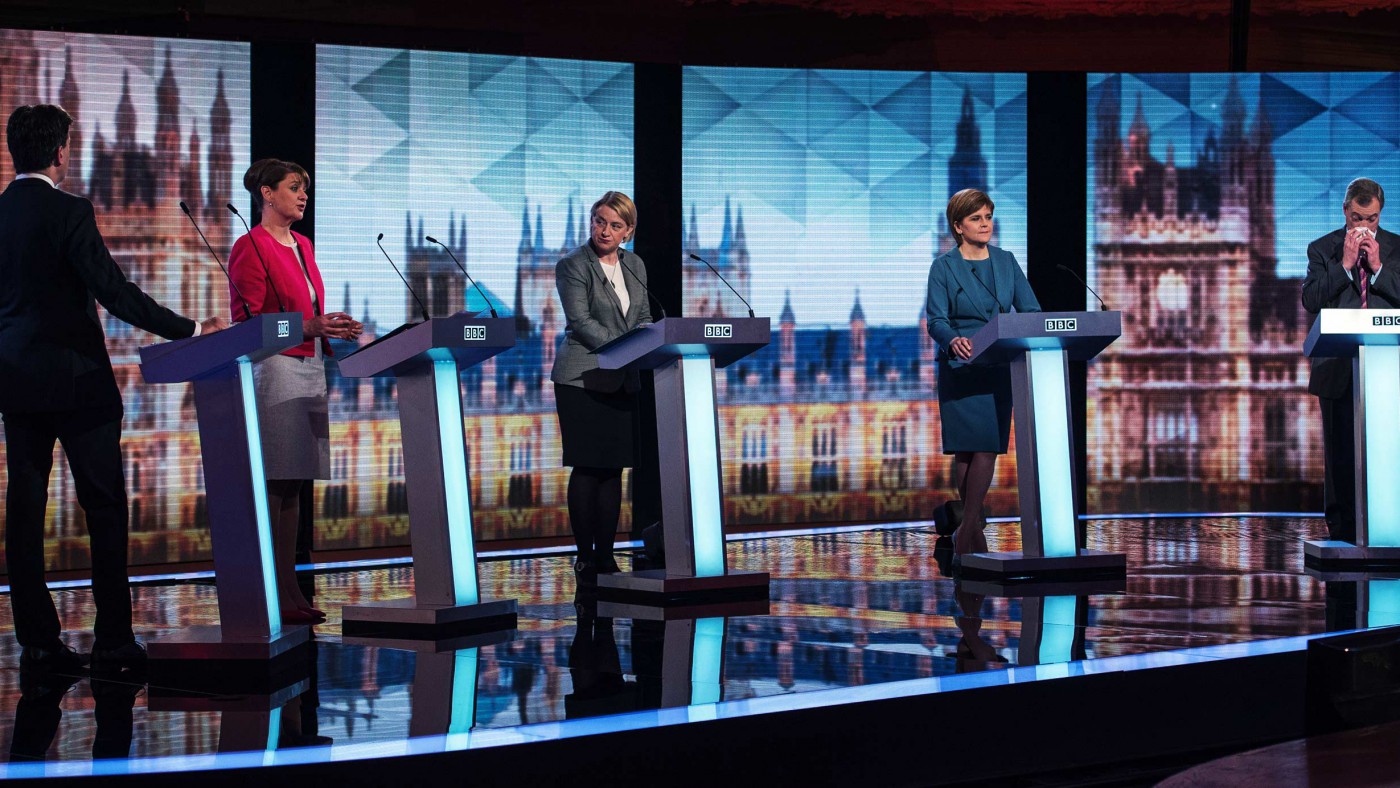In that election the highlight of the campaign was Deputy Prime Minister John Prescott punching a voter. For about 12 hours it seemed that this would be a big deal. Then Tony Blair said the next morning that “John is John” and the caravan moved on.
There were few other notable events, aside from the punch and senior Tory Oliver Letwin going into hiding when it was revealed he had £20bn of savings in public spending in mind. The poor man was forced into hiding, and when he was found by the press he was wearing a toga at a fancy dress party.
Next time someone says there was a cross-party consensus pre-crash on massively increasing public spending – opposed by a handful of people - point them to what Gordon Brown and the New Labour communications operation did to anyone in the other parties who suggested spending restraint. Critics were cast as enemies of the people hell bent on a mission to steal the shoes from small children and close every hospital in the land. Letwin had to hide for daring to think that not every billion spent by the government needed to be spent; he was slaughtered for what is now a comically small amount of money in the context of the UK’s debt (up more than £1 trillion in under 15 years).
On polling day, Blair won another landslide, very few seats changed hands and William Hague had to resign as Tory leader. It was, observed a leading Tory at the time, as though Hague was a promising young horse who had been entered far too young in the Derby. Other than that, the 2001 election might as well not have happened.
In contrast, the 2015 election has been a cracking contest, owing more to the craziness and unpredictably of a Grand National than the Derby. This is a vintage election, as Michael Crick of C4 News observed yesterday.
Of course, I have some caveats. Wealth creation and profit have barely got a mention; the £1.5 trillion national debt is not on the agenda; and foreign policy was mentioned once for five minutes three weeks ago. But apart from that… and those concerns aside (which are all themes we will return to on CapX) the election has been a revelation.
The cry from disgruntled voters who hate the British political class has been, for years, that all the parties and leaders are indistinguishable. This is the “they’re all the same” critique, which is is unsustainable now.
Even allowing for the unimaginative nature of the Tory offer in this campaign, the ideological gulf between David Cameron and Ed Miliband is wide. Cameron is a Burkean Tory who believes in education reform and private enterprise, although he has never found an appealing way of talking about it. Miliband is a big state socialist who wants to “reform” the market in a potentially very radical and extremely dangerous way, in my view.
There is more choice in this election. Those who want to exit the EU, and to reintroduce compulsory smoking in pubs, now have someone to vote for in the shape of UKIP. Nigel Farage’s party has not collapsed, despite all the predictions of its demise.
Nick Clegg has had a good campaign for the Liberal Democrats, if you like that sort of thing. The Greens have also been exposed to some scrutiny. And Leanne Wood from Wales (did she mention that?) has got a great deal of attention, out of proportion to her likely clout post-election.
Then there is the future of the UK, which is also at stake. As a Unionist, I could do with what is happening in Scotland being less exciting. Nonetheless, the popular uprising led by the SNP’s Nicola Sturgeon is certainly exciting, if something that depressing and threatening can be said to be exciting.
All in all, the election has obviously been “bloody lively” to quote the Prime Minister. Of course, the problem is that the UK has an electoral system built for old-style two party politics, that cannot cope with the fracturing of the traditional set-up, weakening of loyalties and rise of the nationalists and UKIP. Britain now has five, six or seven party politics with a two party voting system. In the potentially chaotic aftermath of Thursday’s vote, expect voting reform to be back on the agenda.
The best argument for First Past the Post was always that it tended to deliver strong majority governments. If it no longer does that, what is the point of sticking with it? If, after this most exciting of elections, the result is another hung parliament, Labour will not have won a majority for a decade and the Conservatives for twenty three years. In such circumstances the case for change will be difficult to resist.
Iain Martin is Editor of CapX.
This article is an exclusive for CapX, and is available for syndication. Please contact [email protected] to discuss details.


